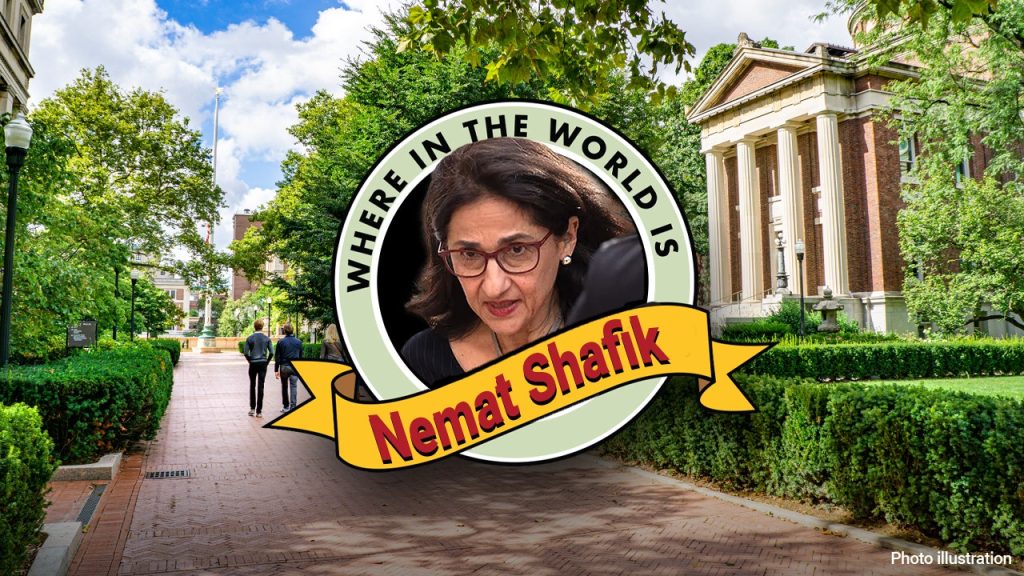Columbia University’s President, Nemat Minouche Shafik, has been criticized for being too soft on anti-Israel radicals until she called the police for help when the situation escalated. The police response has sparked backlash, with some accusing Shafik of going too far. This incident reflects a larger issue of increasing radicalization and racialization on college campuses, according to Cornell University law professor William A. Jacobson. Shafik is facing pressure from various groups, including the faculty, who have called for a vote of no confidence in her leadership.
The American Association of University Professors (AAUP) has also condemned Shafik and other Columbia administration officials and called for their resignation. The campus has become divided and tensions have risen due to ongoing protests and antisemitism within the university. Shafik expressed her sadness over the situation and the need to maintain safety on campus. The decision to involve the NYPD was met with mixed reactions, with some supporting it as a necessary response to unlawful behavior and others criticizing it for being excessive.
The NYPD’s entry into Hamilton Hall, where the protests took place, has been described as a “horrific police attack” by the AAUP’s Columbia chapter. However, supporters of the police action argue that it was necessary to stop the unlawful occupation of the building. The response from both sides has been polarized, with conflicting reports on the treatment of protesters and the extent of injuries. The issue highlights the ongoing tensions on college campuses between the rule of law, freedom of expression, and maintaining a safe and inclusive environment for all students.
The protests at Columbia have attracted national attention, with calls for Shafik’s resignation and criticism of her leadership. Campus demonstrations have been met with increased police presence in response to escalating tensions and security concerns. The presence of outside agitators not affiliated with the university has further complicated the situation. The involvement of law enforcement has raised questions about the balance between maintaining order and respecting freedom of expression on college campuses.
The protests at Columbia have raised concerns about the safety of students, particularly Jewish students who have reported experiencing antisemitism and intimidation tactics during the demonstrations. The situation has also exposed divisions among faculty and administrators, with some calling for a more decisive response to the protests. The clashes between protesters and law enforcement have highlighted the challenges facing universities in addressing complex issues such as free speech, security, and maintaining a diverse and inclusive campus environment.
As the situation continues to unfold, it remains to be seen how Columbia University and other institutions will address the underlying issues that have led to these tensions. Finding a balance between upholding the principles of free expression and ensuring the safety and well-being of students will be crucial in navigating the challenges posed by campus protests and activism. The events at Columbia reflect broader societal debates around radicalization, antisemitism, and the role of law enforcement in maintaining public order.


